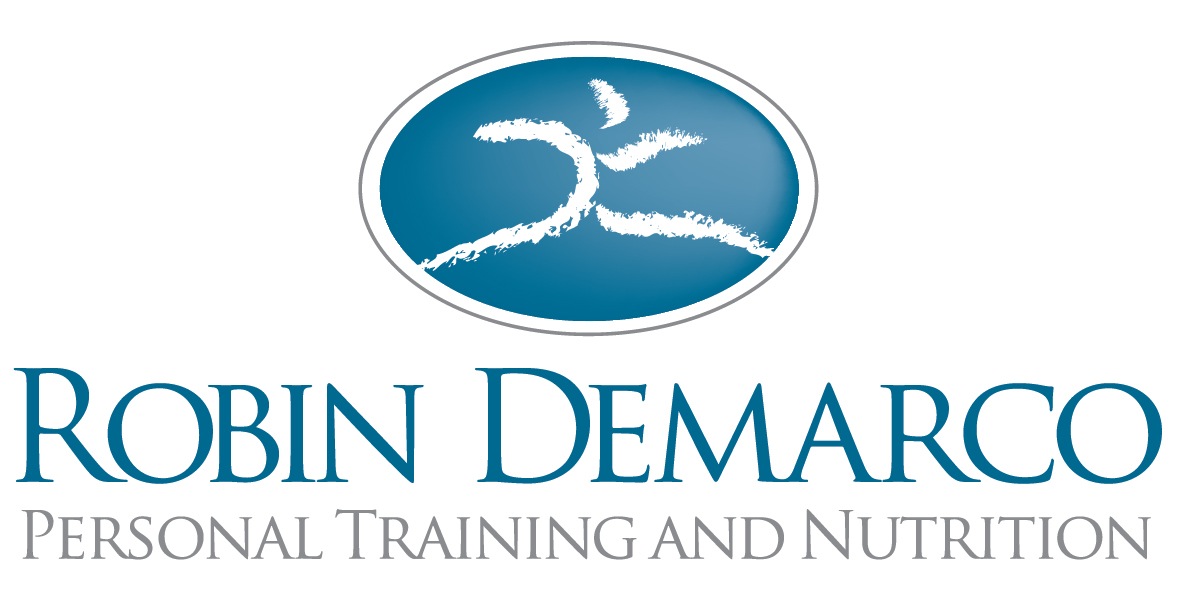A lot of people turn to energy drinks such as Red Bull to give them a boost of energy. But how safe are these drinks? Are they safe to drink before exercise?
Let's first take a look at where the "energy" comes from. Most of these drinks contain high amounts of caffeine and taurine. Caffeine and taurine are not similar substances. Caffeine is a stimulant, and taurine is an amino acid. Taurine is found naturally in meat, fish and breast milk, and it's commonly found as a dietary supplement. Some studies suggest that taurine supplementation may improve athletic performance, which may be why it's used in energy drinks. Up to 3,000 mg of supplemental taurine a day is considered safe. However, little is known about the effects of long-term taurine use.
A great deal though is known about the effects of caffeine. Excess caffeine consumption can lead to a whole host of issues such as high blood pressure, anxiety, rapid heart beat, and in extreme cases death. According to current FDA regulations, energy drink manufacturers must label drinks as containing caffeine, but do not have to specify the exact amount. So a lot of consumers don't know how much they're really drinking. Pair that with your morning coffee and you can be consuming way too much.
Where you can really get into trouble is when you consume an energy drink before or after exercise. Energy drinks really dehydrate the body; this puts a strain on the heart. Most of the deaths allegedly due to energy drinks occurred when a person consumed them before and/ or after performing strenous activity.
All that aside, too much caffeine (and the sugar that accompanies most of these drinks) are not good for the waist line. This is because caffeine stimulates insulin secretion which in turn increases hunger. There is a fascinating article about weight gain and caffeine consumption that explains it in detail http://ccmhi.org/coffeedrinkingandweightgain.html
So if you're going to have caffeine, keep it to one cup of coffee or an energy drink with very little caffeine (which may be impossible to find). Tea is the better to option to both since it contains only 15-60 mg of caffeine depending on the varietal. (White and green tea having less caffeine than black) And lastly, it's always best to have food when consuming caffeine since this reduces the spike on your insulin levels.
